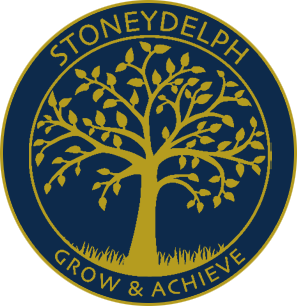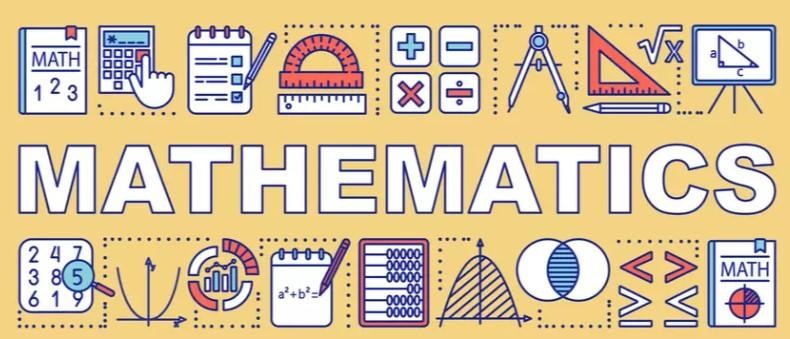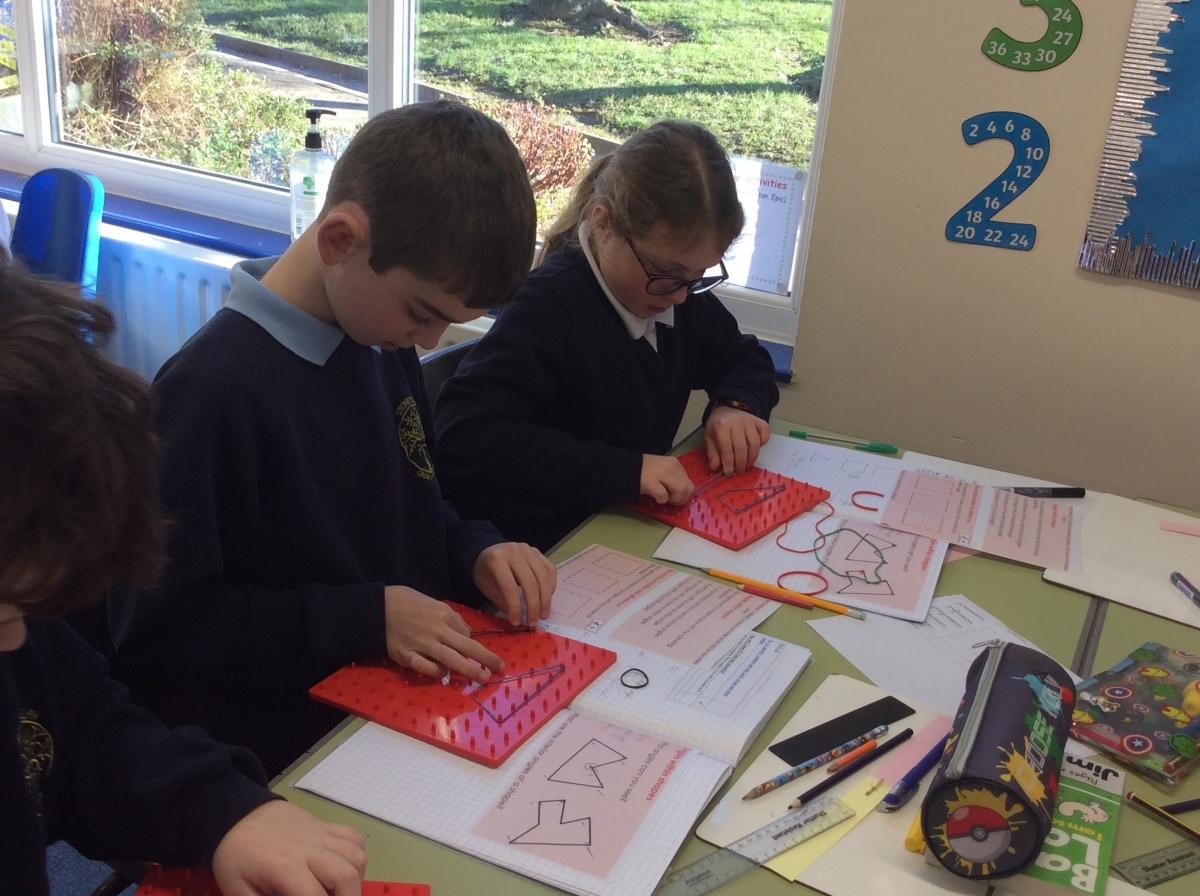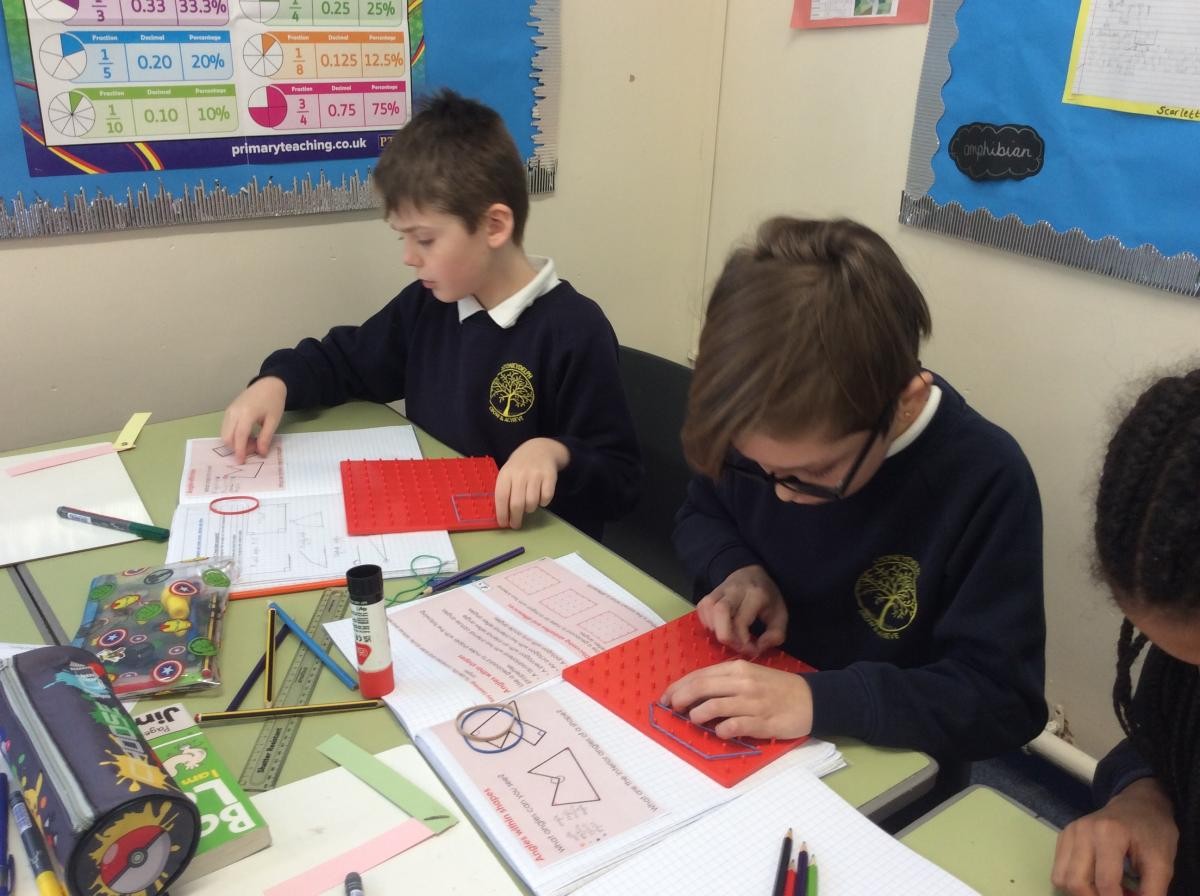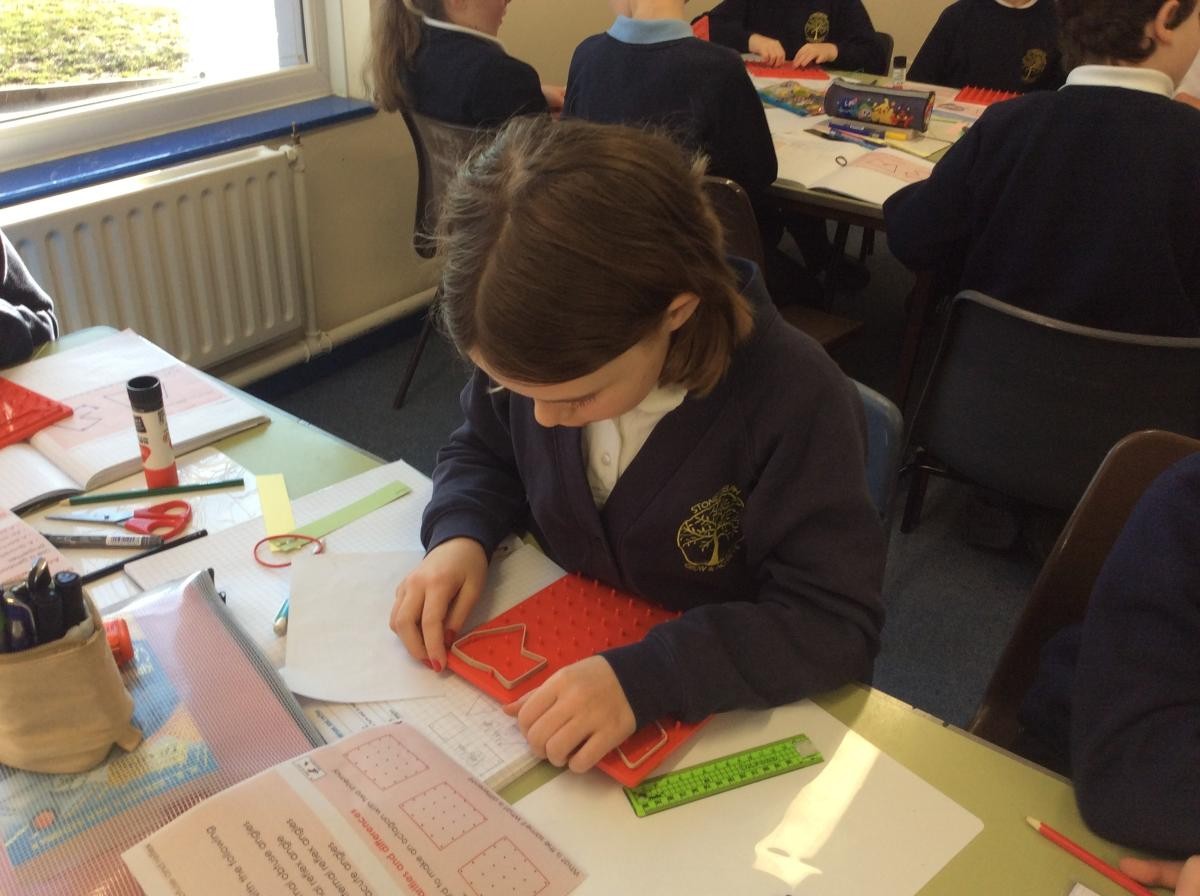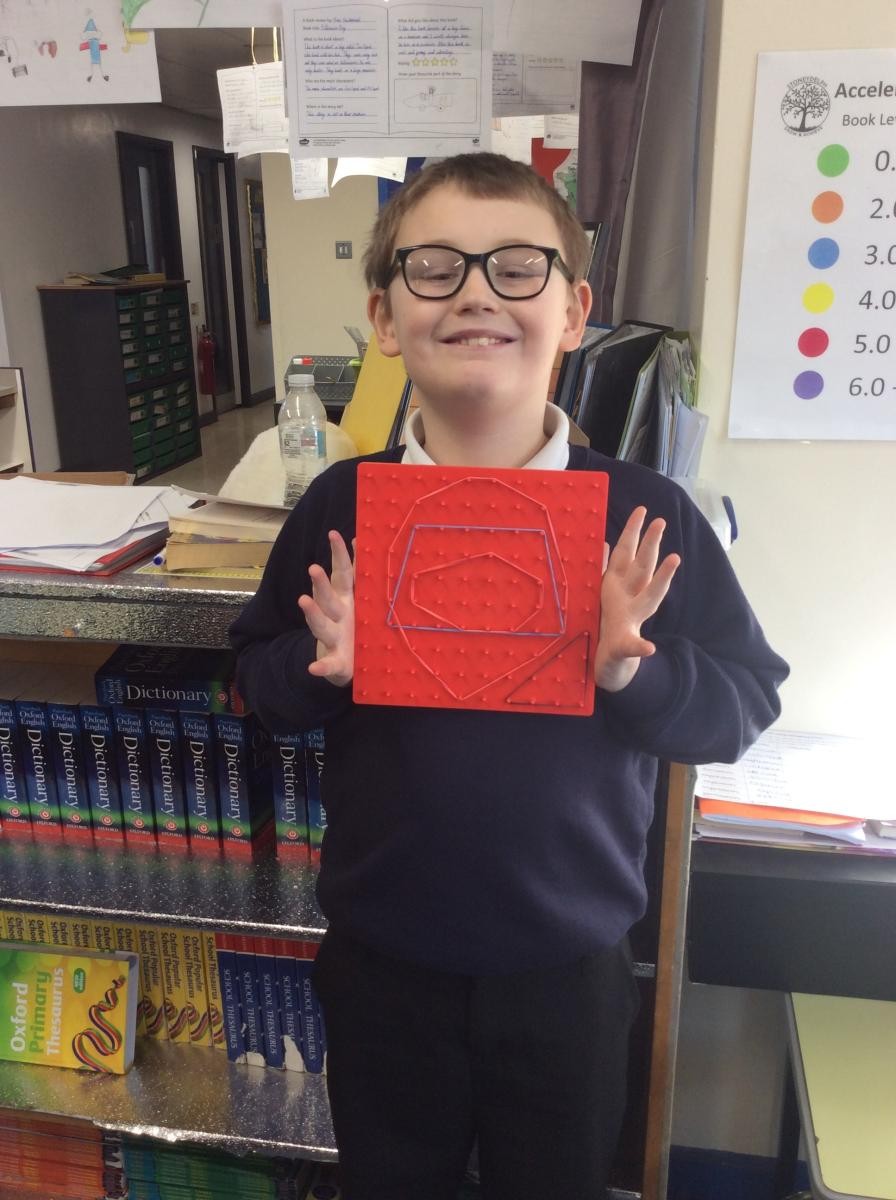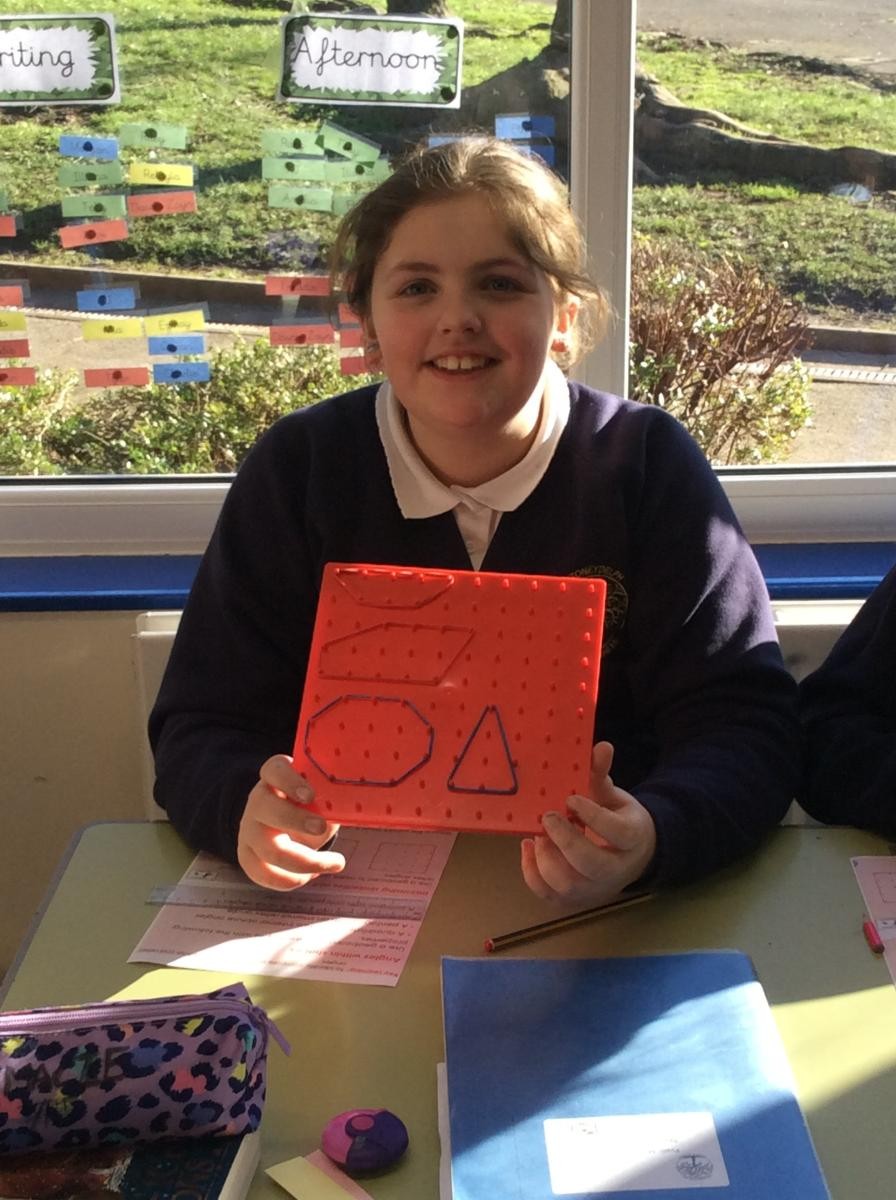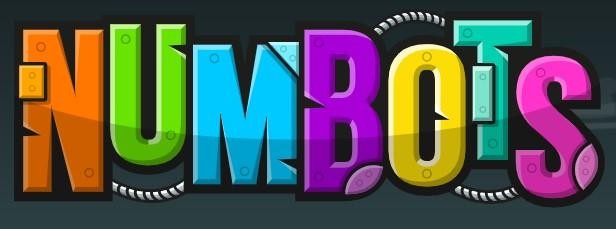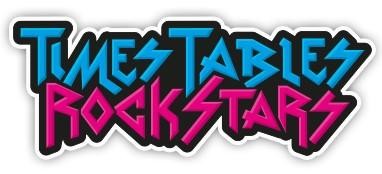At Stoneydelph Primary School, we provide a mathematics curriculum that is planned and sequenced to ensure new knowledge and skills build on what has been previously taught.
Our Mathematics curriculum has been designed to meet the statutory requirements of the 2014 National Curriculum; we do this through adapting The White Rose scheme so that it meets the needs of our children. This was introduced in May 2023. The scheme has been designed to demonstrate appropriate sequencing and allow good coverage of the age-related expectations for the mathematics curriculum as well as providing continuity and progression throughout each year group, ensuring that core curriculum components are taught, revisited and embedded. Whilst the sequencing of lessons are adhered to, teachers use their professional judgements to make appropriate adaptations to meet the needs of their children using additional resources including those provided by the Maths Hub. Our main aim is to make our children fluent in solving calculations involving the four mathematical operations and to equip them with the tools to solve a variety of problems.
What does a Mathematics lesson look like in our school?
Developing problem solving, reasoning skills and mathematical vocabulary is a thread that runs through all of our Maths lessons. Pupils are constantly challenged to explain why, to prove how they know, to convince that they are correct or to find all possible outcomes. They have the opportunity to use a wide range of resources to support their learning such as hundred squares, number lines, Numicon, Dienes, place value cards and counters, rekenreks and other small apparatus.
EYFS
In the Early Years Foundation Stage, our curriculum is taken from the statutory framework. At our school we ensure that all areas of EYFS learning are important and interconnected using planned, purposeful play and a mix of adult-led and child-initiated activities.
Mathematics is taught and reinforced within all areas of the curriculum; the children explore mathematics through different contexts, including storybooks, puzzles, songs, rhymes, puppet play, and games.
In Reception, our approach to mathematics is centred around the Mastering Number programme, which lays a strong foundation in number sense through engaging and practical learning experiences. To support children’s understanding of shape, space, and measure, we supplement our teaching with carefully selected elements from the White Rose curriculum.This provides children with opportunities to develop and improve their skills in counting, understanding and using numbers, calculating simple addition and subtraction problems. As well as number, the curriculum supports the children with seeking patterns, making connections, recognising relationships, working shapes and measures, and counting, sorting and matching. Children use their knowledge and skills in these areas to solve problems to ask new questions and make connections across other areas of their learning. It is fantastic to see our children learning through play!
KS1 and KS2
Lessons across KS1 and KS2 follow a 6-part lesson structure. Each lesson begins with an opportunity for pupils to revisit prior learning (Recap, Recall, Remember) improving their fluency and ability to make connections. Starting lessons like this really supports the children to know more and remember more of the mathematical concepts that they are expected to learn for their specific age group. Within the main teaching of a lesson, AfL takes place from any adults in the classroom to determine when independent work can begin. Pupils are encouraged to discuss their work with adults/peers and to use mathematical vocabulary to demonstrate their understanding. Independent work during the lesson is an opportunity for pupils to work independently or collaboratively to show their understanding of fluency, problem solving (including real-life problems) and reasoning. The links made in maths lessons are explicit and focus on real world examples, visual representation, language and manipulatives coming together to solve problems in context. Giving the children time to practice their fluency of mathematical skills and applying them to problem solving and reasoning challenges during a daily lesson develops deeper understanding and gives the children the tools they need to become competent and confident mathematicians over time. Work is usually completed in books where pupils are expected to take pride in their written work. Lessons end with addressing misconceptions particularly those related to application and problem solving. In Key Stage 1, Mastering Number continues to be delivered throughout the week, ensuring pupils develop a deep and secure understanding of number, which underpins all future mathematical learning.
In all mathematics lessons, this is what you will typically see:
• Happy and engaged learners
• Self-motivated children
• Open ended investigations - low threshold/high ceiling tasks
• Word problems
• Different representations of calculations
• Paired/group work – lots of collaboration
• A range of different activities including practical and use of ICT
• Engagement and perseverance
• Children challenging themselves
• Children talking about, sharing and reflecting on their learning
Improving Mathematical Fluency
Mathematical fluency is an essential element of Mathematics at Stoneydelph and we strive to ensure that as many pupils as possible are ready to progress at the end of each year. This is done through Maths Meetings, all children having access to TT Rockstars/Numbots and the use of a bespoke weekly test for pupils to complete.
Each pupil has access to ‘Numbots’ and ‘Times Tables Rock Stars’ in order to practice their rapid recall of the 4 rules of number. If any parent faces a barrier to accessing the digital platforms that the school subscribes to, they are encouraged to contact the class teacher or Mrs. Radcliffe via Dojo.
TT Rockstars and Numbots are interactive resources that all children have access to both in and out of school. Pupils are encouraged to use these frequently so that basic mathematical concepts become embedded quickly. Parents are to be invited to Maths Workshops throughout the year to work with their children in class and develop a shared love of Mathematics.
Maths Meeting takes place regularly and the aim of the sessions is to support the continued development of basic mathematical concepts beyond the time when they are taught in a formal lesson. Regular, repetitive, exposure to key concepts will build mathematical fluency and understanding. Reception and KS1 classes use Masteing Number and both KS1 and KS2 use NCETM Ready to Progress resources and Maths Hub year group specific resources.
99 Club has been adapted and will be delivered weekly during Maths Meetings for pupils to complete independently. This opportunity will allow pupils to show their existing good knowledge but also any gaps that they have in basic mathematical concepts relevant to their age. These can then be addressed in Maths lessons (during Recall, Recap, Remember) or during intervention.
